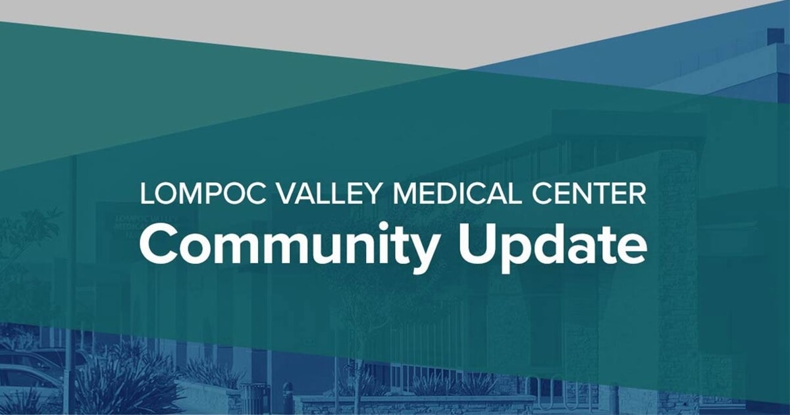April 16 is National Health Care Decision Making Day
- Category: Health & Wellness
- Posted On:
- Written By: Christine McReynolds, LCSW

It’s something most of us would prefer not to think about. We seem to plan so many aspects of our lives, yet we would rather avoid the issue when it comes to health care decision-making and end-of-life decisions. Few people take a proactive approach to their medical decision-making -- perhaps because getting sick is a fear for many of us, and ignoring such a thought makes it feel less likely to happen. Whatever the reason, as a medical social worker, I find that more patients don’t have an Advanced Directive than do.
April 16 is National Health Care Decision Making Day. In the spirit of this, I encourage you to consider completing an advanced directive, or at the very least to have a conversation with your family members about your wishes or to appoint a Durable Power of Attorney for healthcare.
So what is an Advanced Directive? An advanced directive is a legal document that answers questions about your medical wishes if you become incapacitated in some way. It is a proactive tool that helps medical staff direct your treatment in line with your values and goals. It allows you to have some control over your care, even if you cannot speak for yourself.
It also ensures that your loved ones are not left guessing about your wishes. For example, you can specify if you want to be resuscitated, if you want full treatment or comfort measures. You can specify if you want to be on life support or have artificial nutrition and under what circumstances.
It is your document, and you can be as specific as you wish. It also allows you to specify a health care agent, someone you trust, to make decisions for you.
Why should you fill one out now? We often think paperwork and decisions like this can delay the future, not knowing when it might actually be needed. The reality is that we never know when we could get sick, fall ill, or be in an accident. Having an advanced directive takes the pressure off your family members to make difficult decisions that can be agonizing.
As a social worker, I find that family members who are making decisions for a loved one who is incapacitated often feel guilty about the decisions they are making. They wonder if they are making the “right” decision. I tell family members that there is no right or wrong decision -- as long as you are following the wishes of your loved one.
Having an advanced directive on file is also especially helpful for people who have no family. Many people have wonderful friends but may not have immediate family who would be the next of kin to make medical decisions if the person is incapacitated. In these cases, if there is no advanced directive or legal representative already appointed by the patient, doctors may proceed with a course of treatment that may not be what the patient wants.
Do yourself and your family members or loved ones a favor this month -- if you don't have an Advanced Directive, take time to fill one out now. Forms are also available at the LVMC registration desk when you check-in for a procedure or surgery. In honor of National Health Care Decision Making Day, have conversations with your loved ones about how you would like to be treated if you become too ill or incapacitated. It's a tough talk to have but a vital one.
You can draft an Advanced Directive with an attorney. You can also do it yourself, as long as you have two witnesses. Be sure to follow the directions to ensure it is valid when completed. You can also order online at www.advdir.com or Five Wishes document at https://agingwithdignity.org. There’s also the Physician Order for Life-Sustaining Treatment, or POLST, form, a set of medical orders similar to a do-not-resuscitate order. It is not an Advance Directive, however.
National Healthcare Decisions Week carries several themes, including “Prepare,” “Start with yourself,” “Family/Friends/Loved Ones,” “Spread the Word,” and “Reflection and Readiness,” among others.
Take this time to have the conversations – don’t wait until you’re in a medical crisis to make your wishes known.





